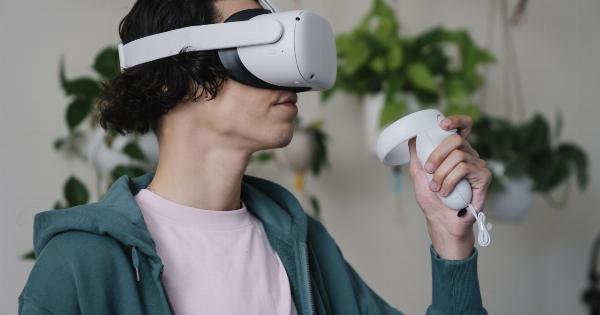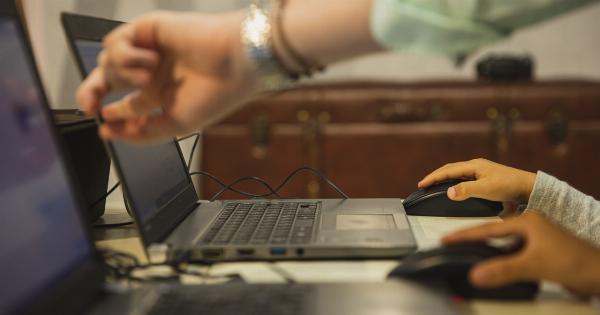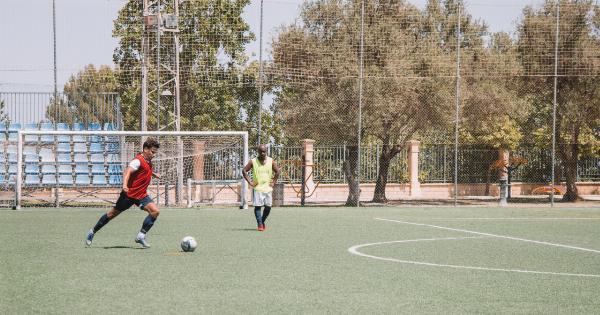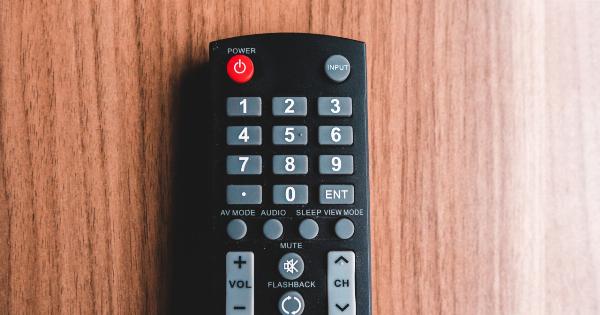Having good directional skills is a valuable gift that can greatly enhance one’s life. It allows individuals to navigate through unfamiliar territories with ease, explore new places, and avoid getting lost.
While some people naturally possess a strong sense of direction, others acquire this skill through various experiences and upbringing. In this article, we will explore the importance of being raised with good directional skills and how it can positively impact an individual’s life.
The Role of Parental Guidance
Parents play a crucial role in shaping their children’s abilities and skills, including their sense of direction. From an early age, parents can start instilling basic navigational concepts by teaching their children directions within the home.
Pointing out different rooms, explaining how to get from one point to another, and teaching cardinal directions can lay a foundation for future navigation skills.
Furthermore, parents can encourage their children to explore the outdoors and embrace the sense of adventure.
Going on family trips, hiking, or even just exploring the local neighborhood can contribute to developing a better understanding of spatial awareness. Children who are raised with these experiences tend to develop a keen sense of direction as they learn to observe landmarks and memorize routes.
Exploring the Sense of Adventure
Children who are exposed to different environments grow up with a sense of curiosity and adventure. They are more likely to explore their surroundings, whether it’s a new city or a remote countryside.
By encouraging a sense of adventure, parents can help to foster navigational skills in their children.
When children are given the opportunity to explore different places, they learn to rely on their spatial awareness, observation skills, and problem-solving abilities.
They develop the ability to read maps, interpret signs, and navigate through unfamiliar terrain. These experiential learning opportunities can significantly enhance their sense of direction.
The Benefits of Good Directional Skills
Having good directional skills can bring numerous benefits throughout one’s life. Individuals with this ability have a higher level of independence and self-reliance.
They can confidently travel alone, explore new destinations, and find their way back home without relying on others.
Moreover, good directional skills contribute to better mental map creation. The brain develops an internal representation of the environment, helping individuals navigate without constantly relying on physical cues or electronic devices.
This skill becomes especially valuable in situations where technology is not readily available or during emergencies.
Additionally, individuals with good directional skills often experience lower levels of stress and anxiety when it comes to navigating through new places.
They approach unfamiliar territories with confidence, knowing that they have the ability to find their way around. This boosts their overall self-esteem and sense of empowerment.
Enhancing Directional Skills
While some individuals may have a natural inclination towards navigation, it is a skill that can be developed and improved over time. Here are a few techniques to enhance directional skills:.
1. Map Reading
Learning how to read and interpret maps is a fundamental skill for navigation. Engaging in map reading exercises helps individuals understand their surroundings better and visualize different routes.
By studying maps and understanding symbols, individuals can plan their journeys effectively and avoid getting lost.
2. Spatial Awareness Exercises
Engaging in spatial awareness exercises can significantly improve directional skills. These exercises involve paying close attention to one’s surroundings, observing details, and memorizing landmarks.
This can be done by taking walks in unfamiliar areas, focusing on unique features, and mentally mapping out the route.
3. Developing Observation Skills
Improving observation skills is crucial for navigation. Individuals can practice this skill by actively noticing details in their environment, such as street signs, buildings, or natural landmarks.
This helps in creating mental reference points and enhances overall spatial awareness.
4. Utilizing Technology
While it is important to nurture natural navigational skills, technology can also provide valuable assistance. GPS devices, smartphone apps, and navigation systems can help individuals navigate through unfamiliar territories.
However, it is essential to strike a balance between using technology and relying on one’s innate abilities.
The Role of Education
Educational institutions have the opportunity to incorporate navigation and spatial awareness training into their curriculum.
By teaching children about maps, cardinal directions, and navigation techniques, schools can help enhance their directional skills from an early age. This can be done through engaging activities, field trips, and interactive learning experiences.
Conclusion
Being raised with good directional skills is a gift that can greatly impact an individual’s life. It enhances independence, reduces stress, and cultivates a sense of adventure.
Parents, through their guidance, can instill these skills from an early age, while schools can further enhance navigational abilities through educational initiatives. Mastering good directional skills opens up a world of possibilities, allowing individuals to confidently explore and navigate through the diverse landscapes of life.






























